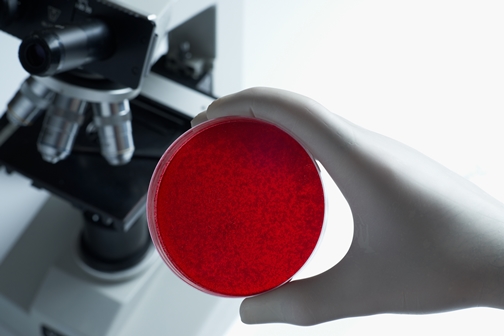
Beginning with the stem cell discovery, researchers have been optimistic of the benefits brought about by stem cells, and believe that their regenerative capabilities will be able to help millions of people one day – people who are suffering from what are currently life-impairing or fatal diseases and injuries. The promise that stem cell therapy gives for the future is a beacon of hope for those who have none.
The science behind extracting stem cells from certain areas is a complex process but can be simple enough to understand. Extracted stem cells from areas such as bone marrow and umbilical cord blood can be developed in a laboratory to turn into any kind of tissue doctors may need. When the cultured tissues are injected directly into the affected area, the old tissue will be replaced with the new. This will allow for people to survive injuries and diseases that would otherwise be fatal or detrimental to living an easy life.
The Promising Results of Stem Cell Therapy for Heart Repair
The greatest leap, perhaps, is the discovery of the ways to repair a patient’s heart after they have suffered a heart attack or blocked artery. By taking stem cells directly from healthy heart tissues, and using laboratory methods to produce millions of new cells, they can be transplanted directly back into the patient with amazing effects. If perfected, this would nearly destroy the need to obtain a new heart when one becomes too damaged to function correctly. Currently there is still much testing that needs to be done, and trials to run, but there are multiple success stories. Patients who have received this stem cell therapy have recovered from severe heart injuries, leaving them to function normally.
But repairing damaged hearts is not the only thing that this research has helped with. Each advance has been groundbreaking and has saved many lives of those who have been brave enough to go forward with the procedures. There is the potential that one day these laboratory-grown tissues will have the capability of attacking cancer-causing cells. For those born without immune systems, it is possible to correct their blood cells to find a solution. And even autism may one day be cursed with this research.
There are still some missing links between the research of stem cells and finding the cures needed for diseases and illness that people suffer from. The obstacles may seem great and a waste of time to some, but they will certainly pay off in the end. As research and the clinical trials continue, the gap is closing faster and faster, and someday we may be left with the “miracle cure” we have all been hoping for.

